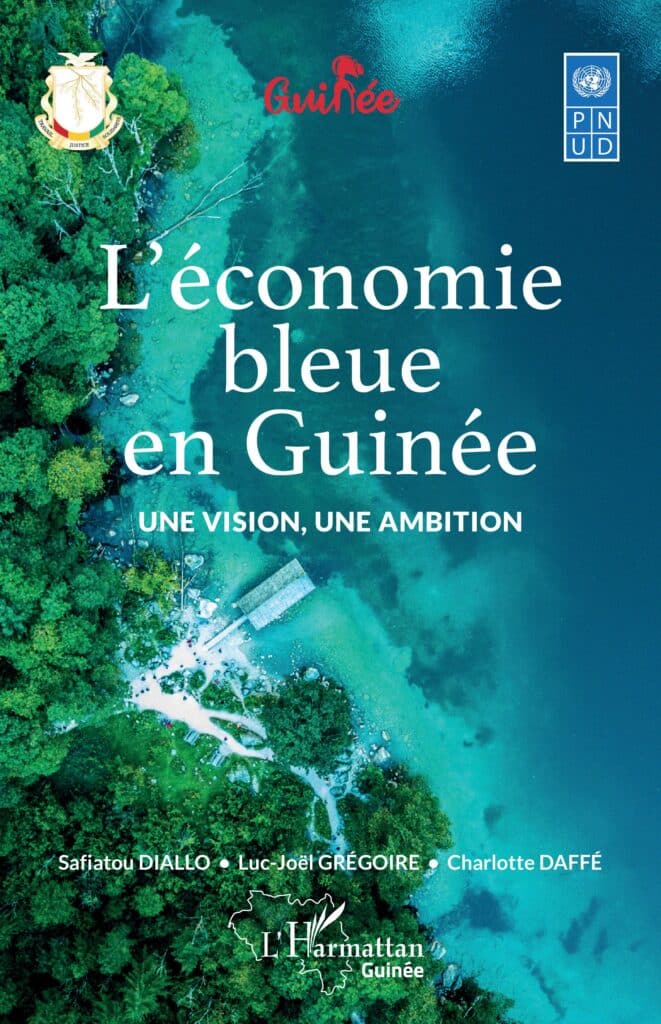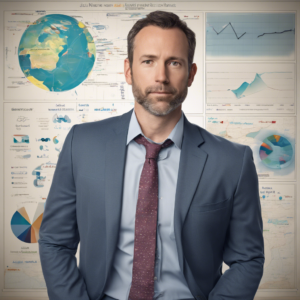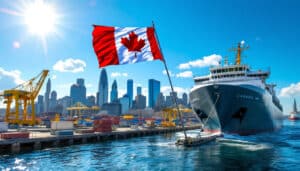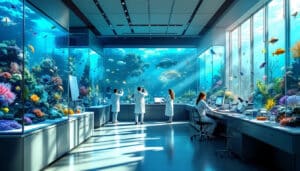The oceans, cradles of life, are today at the heart of global environmental and economic concerns. With the adoption of a integrated maritime policy by the European Commission, the idea of a blue economy is gaining momentum, highlighting the importance of marine development that respects ecological and social resources. The concept of marine sustainability pushes economic players to rethink their investment strategies. By associating the sustainable finance To preserve the oceans, we have the opportunity to transform the future of our planet while promoting the resilience of coastal communities. Investments in marine biodiversity and clean technologies constitute essential levers to face the challenges posed by climate change and anthropogenic pressures. Now is the time for collective action, bringing together the public and private sectors, to ensure responsible and beneficial use of our seas.
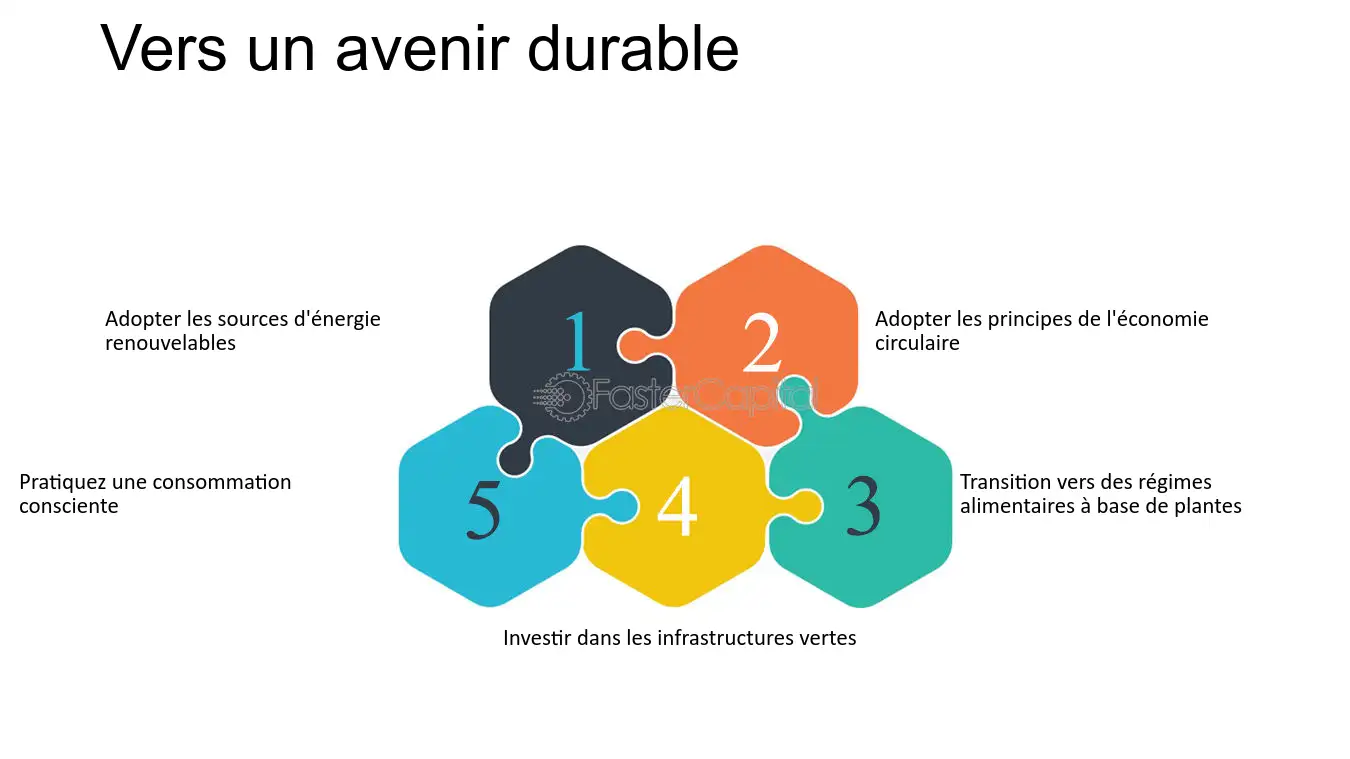
The ocean is a fundamental pillar of our planet, representing both a vital source of livelihood for millions of people and a key player in climate regulation. However, the effects of climate change and threatening human activity are putting this fragile environment under pressure. Investment in the marine sector, by integrating sustainable development principles, represents a strategic opportunity to transform our future towards greater resilience. This article explores how responsible investment and the blue economy can contribute to a more sustainable world.
Table of Contents
ToggleBlue economy: a pillar of sustainable development
The emergence ofblue economy as an innovative concept is closely linked to a sustainable approach to the maritime economy. By adopting an integrated maritime policy, the European Commission has led the way with a framework to address both the economic and environmental aspects of the oceans. This approach recognizes that the ocean is an engine of potential growth, while emphasizing the importance of protecting its biodiversity for future generations.
Responsible investment opportunities
L’sustainable investment in marine sectors offers immense opportunities for global economies. This is not simply limited to the financial aspect, but extends to social and environmental commitments, such as the fight against inequalities and the promotion of social cohesion. With strategic financing – public and private – that supports decarbonization and the preservation of marine ecosystems, investment becomes a powerful tool for mitigating the impacts of climate change.
The ecological and economic challenges of the ocean
Affected by climate change, the ocean is changing. Its conservation and sustainable use are essential to our future, as stipulated in United Nations guidelines. Marine protected areas play an essential role in preserving natural capital and ecosystem services vital to the balance of our entire planet.
Role of green investment projects
THE green investments are crucial for sustainable development. They work to reduce carbon emissions, promote water conservation, and protect fragile marine habitats. Expanding production capacity in a sustainable blue economy must not compromise the health of marine ecosystems, but rather ensure that they are strengthened in the face of anthropogenic pressures.
Sustainable finance: towards optimized risk management
By opting for the sustainable finance, businesses and governments can better manage the risks associated with long-term investments. This approach aims to maintain a balance between return on investment and positive social and environmental impact. Investment guarantees based on responsible values open a path towards a more stable and resilient economy.
Social and environmental impacts of marine investment
With a focus on the sustainable development of marine resources, marine investment significantly contributes to social equity and environmental protection. By encouraging sustainable fishing practices, building the resilience of coastal communities to climate change, and ensuring that economic benefits are redistributed equitably, we can truly transform our future towards increased sustainability.


